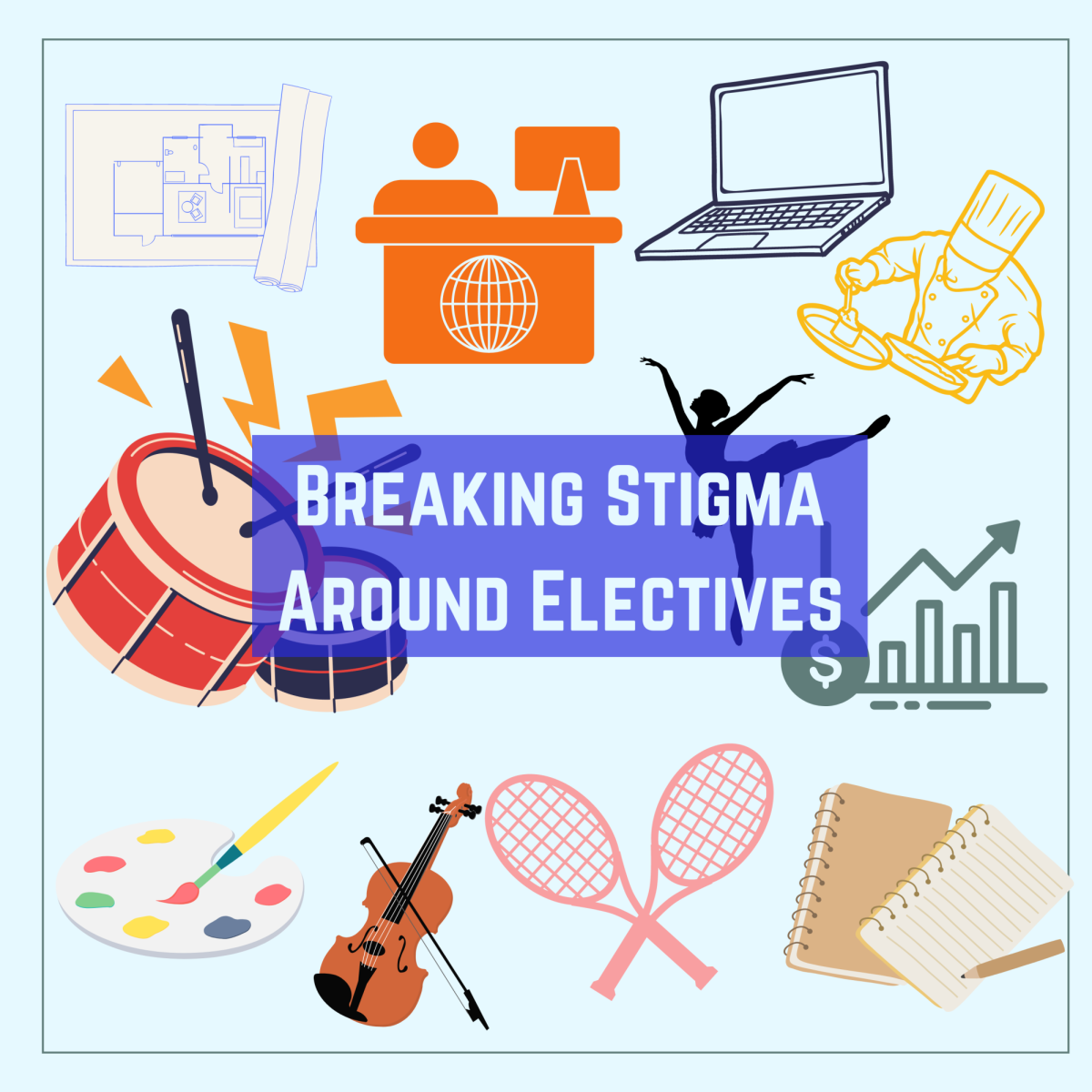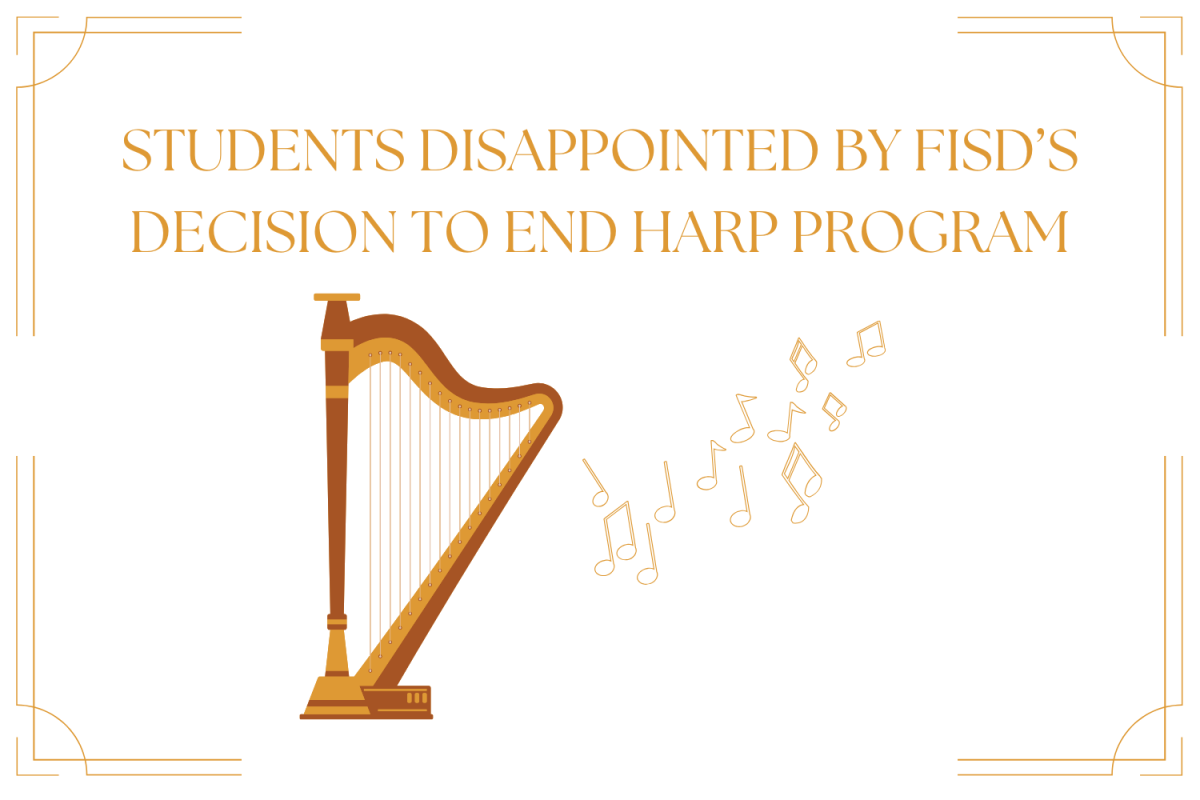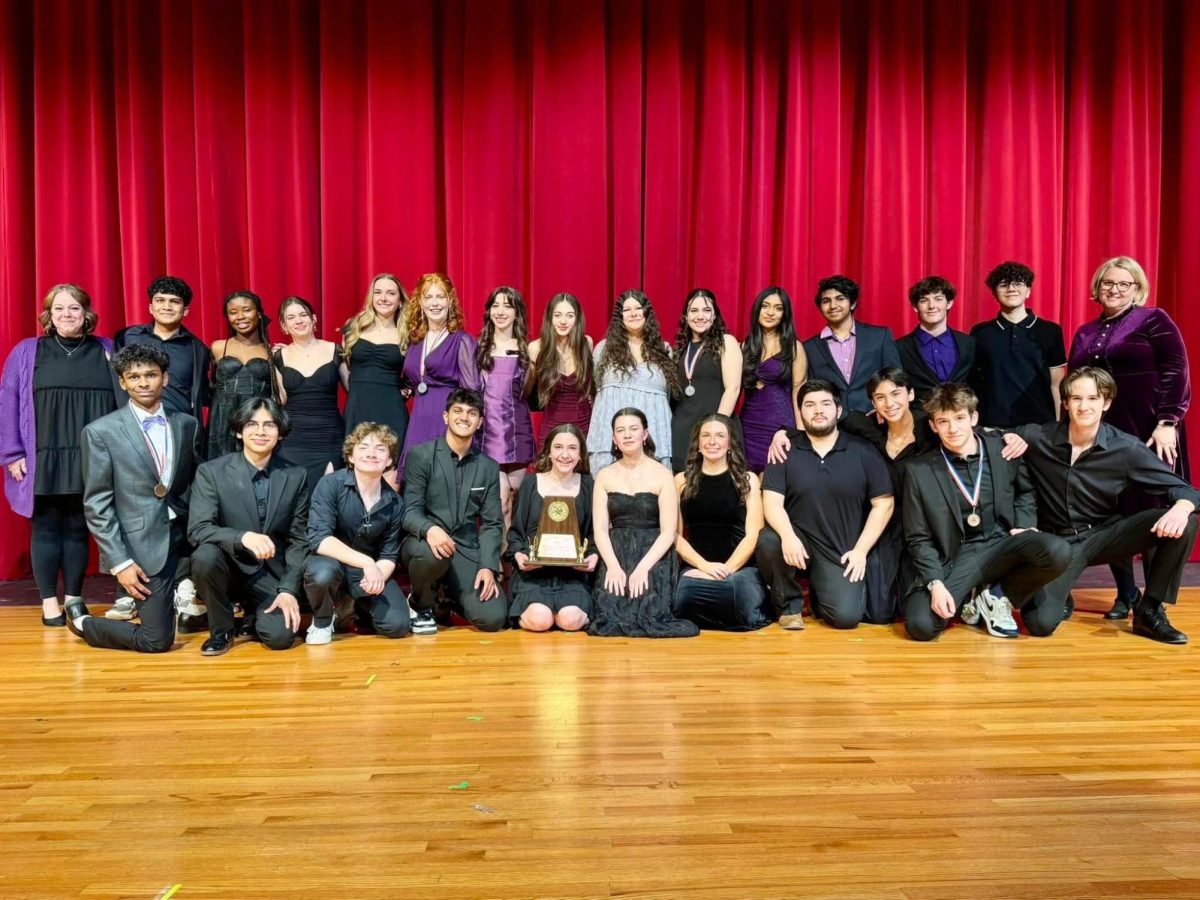Throughout high school, on top of the required classes to graduate, students get to pick the levels of classes they take, including four elective spots each year. Each class can offer a different impact to a student’s grade point average (GPA). In this district, Advanced Placement (AP) and International Baccalaureate (IB) classes are weighed on a 6 point scale, while dual credit classes and advanced, or “honors” classes are out of 5.5 points. On-level courses are on a 5 point scale.
A lot of the electives and career-based classes fall under the on-level category, which can cause students to be torn between taking a class they favor and enjoy or taking a higher-level class to boost their GPA. What they should do is take the elective classes they truly want to take, regardless of the effect on their GPA; doing so can help narrow down decisions on career paths, as well as subjects they might consider studying in the future.
Particularly, at the CTE center, students can take classes specific to career paths of their interest and follow a sequence of those classes. For example, architecture and pathophysiology are exclusively offered there, giving students the chance to look much deeper into specific subject fields.
Students in some of the other courses available can continue in the sequence for the subject matter and eventually take those at an advanced or AP level, which holds that higher GPA weight. However, the basic, entry-level classes are (almost) always on-level. Even so, students should choose to experiment and take those introductory classes that seem interesting to them – it can give way to a more fulfilling experience in high school.
Additionally, many of these fine arts electives and other on-level courses allow students to find community and develop relationships that a heavier class workload may not allow. In core classes, students have a curriculum they are required to get through. On the other hand, in elective classes, students have more freedom in their schedule and are typically able to interact with each other on a more personal level. This can also be attributed to students seeing each other out of school, as many fine arts or other elective classes call for it at times.
Even without that after school aspect, because students are in a more free environment, on a consistent basis, with people of similar passions, they are able to grow closer to those people and cultivate deeper relationships. This is not something that AP or Collin College classes may provide at times. Students who take elective courses, especially in a consecutive sequence, can agree that the ability to grow relationships is much easier in that environment, and it gives kids the chance to engage with each other while participating in a hobby they enjoy.
Counselors feel that the pressure to take rigorous classes comes from a combination of places. Sometimes it may be an internal desire to do well, while other times it can come from external factors. These can include students they are surrounded with and competing against for rank, or parental pressure. Something that counselors try to get students to see is that colleges look at students’ overall record, not solely their GPA. Elective classes offer the opportunity for service hours, and leadership experience. Extracurriculars like those are what build a student’s resume outside of their GPA.
Students should get the chance to experiment and follow certain passions while still in high school. Like the counselors try to point out, the best solution to this problem is to continue showcasing to students all their options for classes, and hopefully help break the stigma that a lower-level elective class should be avoided because of the way it is weighted.





![Audra Shioya '25 receives a big check as a scholarship recipient. [PC: Audra Shioya]](https://raccoonrambler.com/wp-content/uploads/2025/05/IMG_4100-900x1200.jpeg)






